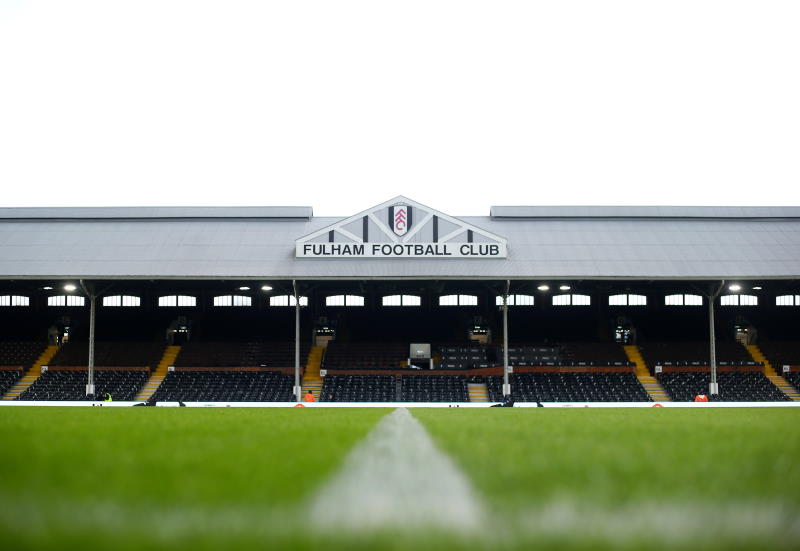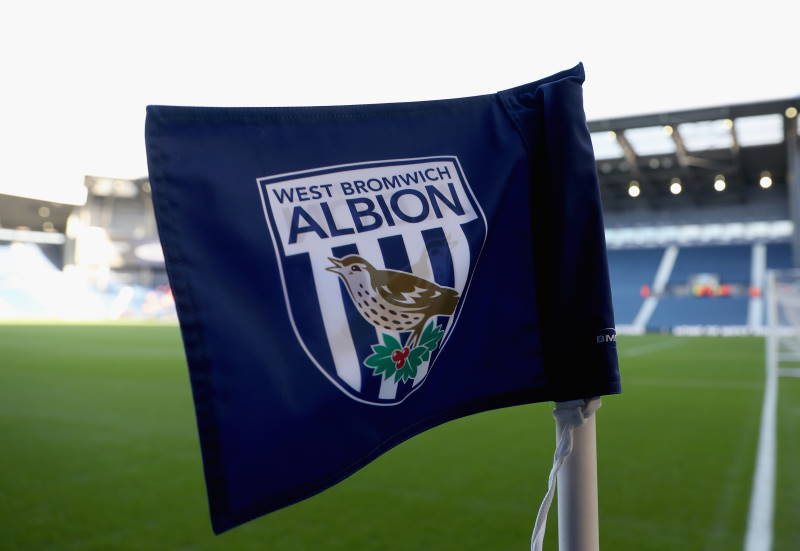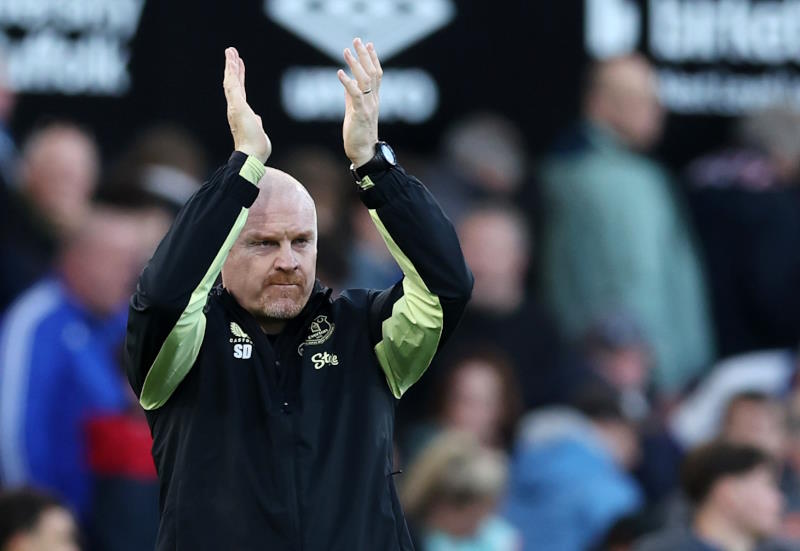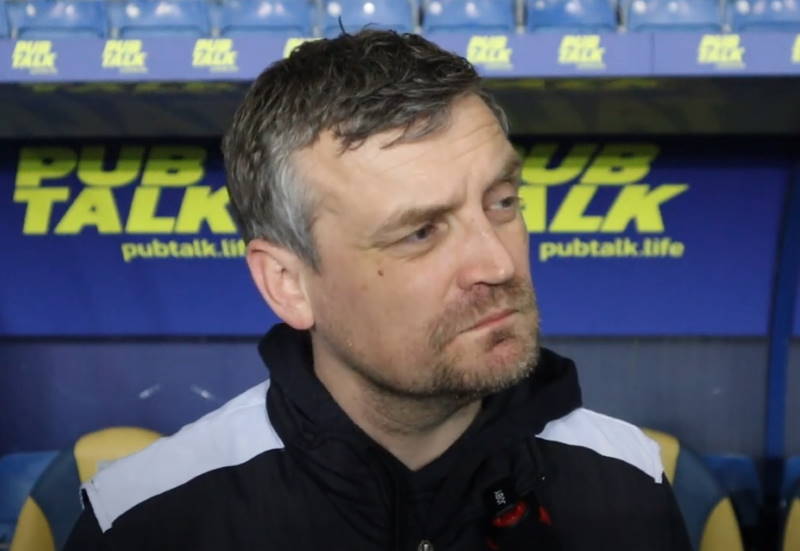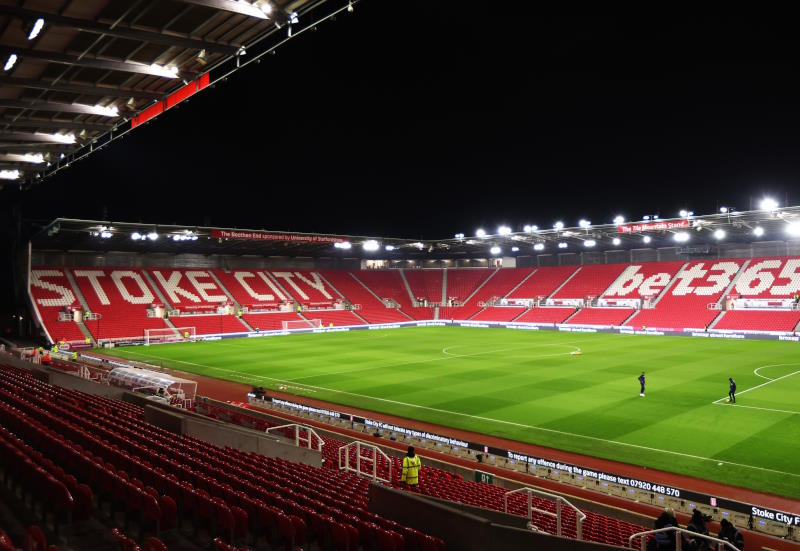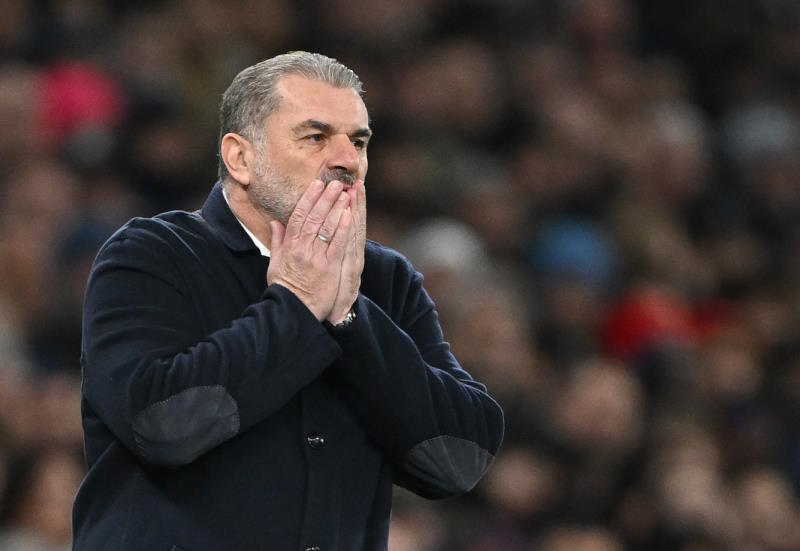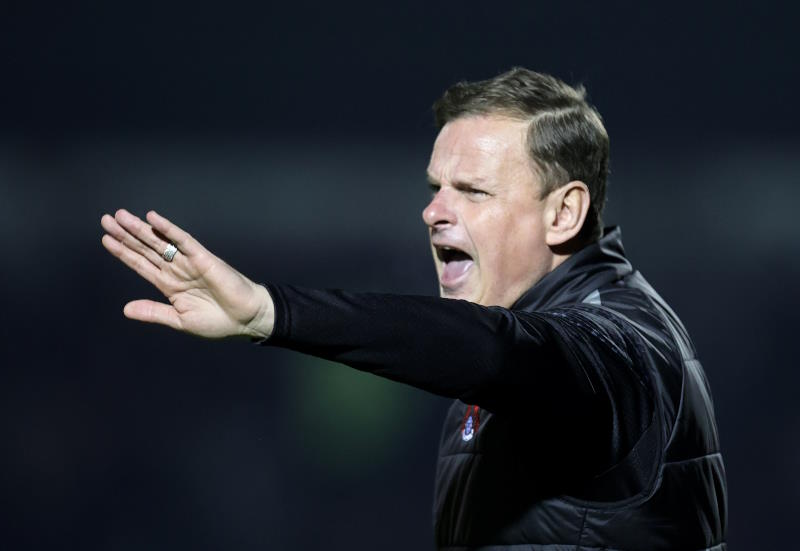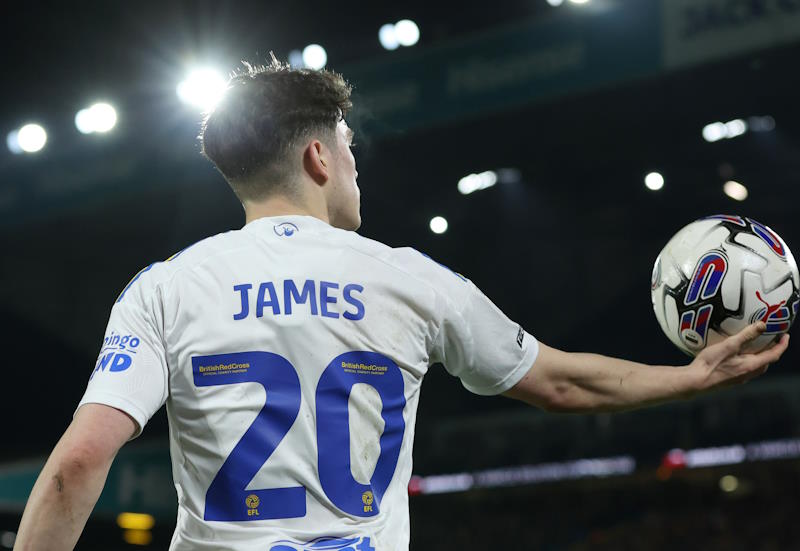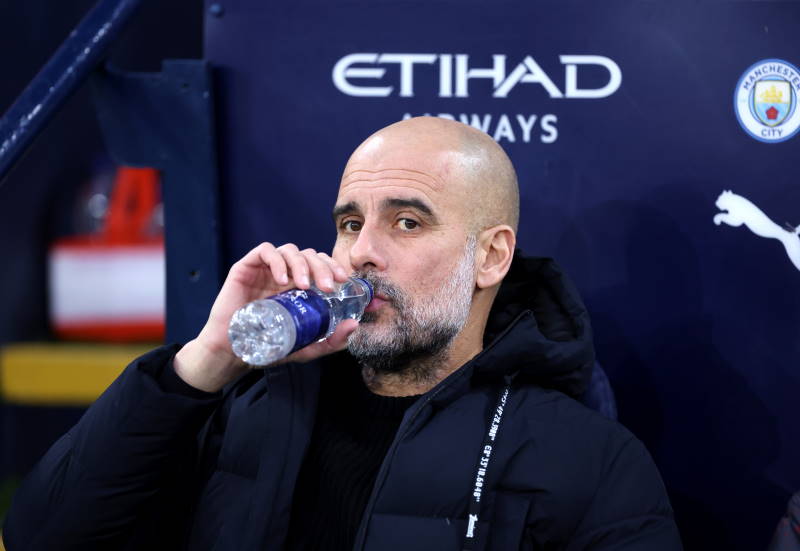
Phillip Buckley
The Scottish Old Firm (Celtic and Rangers) have been sounding out the English Premier League about the possibility of joining for almost a decade, and almost always the powerbrokers in the boardrooms of England have knocked them back. For English clubs there are few advantages of adding two new sharks to the pond. But the two largest clubs in Scottish football have been exploring other avenues too, and in the Atlantic League many believe they could have found their way out of the insufficent SPL.
The initial idea of the Atlantic League was proposed in the late 1990s. It was the brainchild of Frank Kales, the former commercial director of Dutch side Ajax. Kales, amongst others at the Amsterdam club, was dismayed to see their Champions League winning side of 1995 so ruthlessly picked apart by clubs from Spain and Italy. After struggling for so long to reach the pinnacle of European football again (Ajax had last won the European Cup in 1973) the Dutch club’s management were forced to face financial facts almost immediately after lifting the trophy. In the period between that victory and 1998 Ajax lost Clarence Seedorf, Edgar Davids, Michael Reiziger, Finidi George, Nwankwo Kanu, Patrick Kluivert, Marc Overmars, Winston Bogarde, Ronald de Boer and brother Frank de Boer. The quick departure of so much talent was a blow many Ajax fans believe the club has not recovered from to this day.
Confronted with the reality of being able to dominate at home but not abroad, and seeing the balance of power slip decisively away from them, Ajax, like so many other famous clubs in smaller countries, looked for some way to revive their fortunes. Kales envisaged a league whereby the top clubs from Holland, Scotland, Portugal, Denmark, Norway and Sweden could compete in an Altantic League championship. The Atlantic League would, for those clubs involved, replace their domestic leagues (clubs that wanted to could field a reserve side in their national league). Qualification for European competitions, such as the Champions League and UEFA Cup, would be exactly the same as in any other domestic championship.
Many around Europe felt Kales’s Atlantic League had died after UEFA made clear their disapproval of the new competition. With the revamped Champions League and UEFA Cup, those in the corridors of power in Nyon thought the Atlantic League had been confined to its grave, but in 2001 the idea was again raised, and again in Holland. PSV Eindhoven chairman Harry van Raaij proposed an 18-20 team competition, but without clubs from Scandinavia. Van Raaij again articulated the feelings in boardrooms across Portugal, Holland and Scotland when he said: "UEFA have to realise that the situation for clubs like ours is becoming more and more difficult and they need to accept that some clubs have outgrown their domestic markets." Unfortunately for van Raaij, the proposal again never got going and UEFA were more than happy to let it fade into the background.
The advantages of the Atlantic League are immediately apparent. Celtic v Benfica, Rosenborg v Ajax, and Rangers v Brondby are all certain to have more appeal than Celtic v Hamilton, Rosenborg v Tromso and Brondby v Odense. The target audience would not just be match-going fans either. Whilst England had a potential TV market of over 60 million people, Holland has just 16 million and Scotland just 5 million. Adding the potential markets of Holland, Portugal, Scotland and the Scandinavian countries together would allow the Atlantic League to generate TV revenue comparable to the largest leagues in Europe.
But is the Atlantic League all just about generating more money? Frank Kales’s plan of course had money in mind when he dreamt it up. Kales was the commercial director of Ajax after all. But it is important to remember that the need for the idea came about in response to a grand old European powerhouse entering a gradual decline from which there seemed no return. Kales appreciated that football had entered an era of unprecedented wealth, and that wealth would be concentrated in the hands of the clubs in the biggest leagues. In this sense the Atlantic League is simply a response to the financial disparity between clubs in Scotland, Holland, Portugal and Scandinavia, and sides in England, Germany, Italy and Spain. Kales knew that if nothing were done to bridge the financial gap then the days of Ajax, Benfica and Celtic progressing to the latter stages of European competition and attracting the best players would become an impossibility.
The financial disparity is, if you scratch beneath the surface, quite alarming. A club in the English Premier League earns £45 million per year through media income (the largest clubs in Italy can earn more due to their ability to negotiate TV deals individually). In comparison, the Irish broadcaster Setanta paid a total of £54 million for a four-year deal to screen the Scottish Premier League in 2004. Setanta has recently signed a new deal, and this will net the SPL £125 million over another four years. Either figure being split between a 12 team SPL is simply miniscule when compared to the amounts English clubs receive in media income.
Football is simply such that in most cases the club with the ability to offer a player a greater wage packet, larger signing-on fee and greater possibility of success in Europe, usually wins the day. The clubs who would make up the Atlantic League have been forced to "make do" with second rate players because they cannot afford to compete for the finest talent anymore. If they do not develop the superstars of tomorrow, they are unlikely to be buying them in. There are exceptions of course. Henrik Larsson at Celtic for example. But he is just an exception which goes a long way to proving the rule."
It would though be a mistake to believe that the Atlantic League is soley motivated by monetary gain. A constant complaint from Celtic and Rangers in particular has been the difficulty they have encountered when moving from playing poor Scottish teams to the very best Europe has to offer in the Champions League. The standards required are too different they argue, the gap too big, to be able to switch effectively. The Atlantic League would provide all clubs involved with a higher standard of domestic league competition on a regular basis.
If the Atlantic League does go ahead then perhaps the clubs involved could also hold onto their stars for longer, if not for as long as they wished. While there are always those players who want to move to another league simply for a bigger paypacket, there are also those who move for the challenge. And when it comes to deciding whether playing against Sparta Rotterdam in front of 10,000 people is better than playing against Sunderland and a crowd of 48,000, it isn’t hard to see why ambitious footballers make the move. But substitute Sunderland with Sporting Lisbon and 40,000, and that choice is not as clear cut as it once was. Even the great Henrik Larsson may have felt like sticking around in the Atlantic League with Celtic rather than making the move to La Liga and Barcelona. Score 30 goals a season in the Atlantic League and few would argue you have anything to prove. Yet score 30 in the Portuguese top flight and a raft of journalists and coaches will debate how good you really are.
Whether the Atlantic League will come in to being is far from certain. When the idea was first proposed it was quickly rubbished by UEFA, yet this time they have been silent so far following its reemergence. UEFA themselves are understandably wary about the prospect of authorising cross-border leagues. Doing so may pave the way for the creation of a European Super League with clubs from England, Spain and Italy taking part. If that happened there would be little point in the Champions League continuing to exist and UEFA’s cash cow and main source of power in the club game would be gone. Atlantic League supporters sometimes look to France to point out that cross-border domestic competitions do work. But the small principality of Monaco sending a side to play in Ligue 1 can hardly be compared to the idea currently on the table.
The Atlantic League has yet to progress beyond being an idea. Football fans may lick their lips at the prospect of this exciting new competition springing into life, but whether they will get their wish is far from certain.
Perhaps the last word on the subject for now should be left to current Rangers manager Walter Smith, who summed up the problems facing European giants like his, giants being swept away by the financial tide: "We have to offer a way – or someone has to come up with a way – of trying to challenge the teams in the Champions League. UEFA have a responsibility to look at it to bring a level of finance that would allow the big teams in small countries to compete, then we would have a real challenge, more than we have at present. I would hope to see it happen but I probably won’t."

